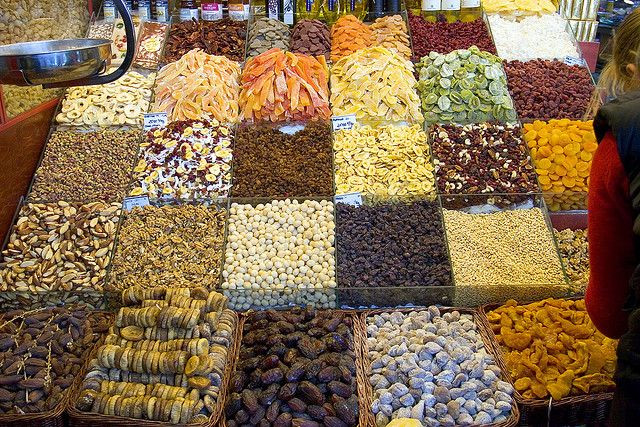Does Your Child Have ADHD? Changing Their Diet Could Improve Symptoms

ADHD can be very disruptive to daily living, whether it affects children or adults. There are lots of theories flying around about how to best treat the condition naturally, with diet being one of the most talked about. When it comes to nutrition and ADHD, there are no definitive recommendations and this is an area where individual responses to certain dietary measures can vary drastically, with one change producing dramatic results for one person and no change in another. It certainly cannot hurt to experiment, however and below you will find some recommendations that may help.
Eat a Healthy Breakfast
Eating breakfast in the morning is not only good for improving overall cognitive function; it can help promote overall well-being. If you or your child has ADHD, a good breakfast will be rich in protein and complex carbohydrates, such as whole grains. A peanut butter sandwich or eggs and whole wheat toast are good examples.
Eat Plenty of Protein
A protein-rich diet may help improve concentration and make ADHD medications work more effectively. Healthy proteins include lean meats, low-fat dairy, nuts, seeds and beans.
Include More Omega-3 Fatty Acids in Your Diet
Omega-3 fatty acids serve many important functions in the body; while they are best known for heart health, they are critical for your brain health as well. Good sources include oily fish such as salmon, flax seed, hemp seed, pumpkin seed and flax seed. Supplementation may be a good route as well but you should aim to get the bulk of your nutrients from your diet. Evidence on whether increasing intake will help ADHD has been mixed.
Experimenting with an Elimination Diet
The idea that certain foods contribute to symptoms of disease is something that has been suggested for numerous conditions ranging from autoimmune disorders to ADHD. Many health professionals believe sensitivity to certain foods and substances contained in foods may worsen ADHD symptoms and by eliminating them from the diet, you can better control the condition. This is one of those areas where it may be the case for some but not for all. Some items commonly recommended for elimination include gluten, dairy, food additives such as aspartame and MSG and artificial coloring. To test the effects, you eliminate all suspected items at once and gradually introduce them back one at a time to see if any specifically affect your symptoms.
Reducing Sugar and Processed Foods
Australian researchers who tracked the diets of children with ADHD found that diets higher in sugar and processed foods were linked with more severe symptoms. As to reducing sugar intake, there is no big mystery there, we all know the culprits.
Closing Thoughts
Based on current evidence, the role of diet in treating ADHD is not to be dismissed; research suggests certain changes may work in certain people, but that diet alone may not be enough to completely bring symptoms under control. Because of the varying individual responses, you may need to experiment with different changes to see if any work for you or your child.
Kelli Cooper is a freelance writer who specializes in health and wellness topics. AdultADHDnet can provide a wealth of information on this condition, ranging from medications to alternative treatments.



























